SYNAPSES Evaluated Resources
On this page you can find all resources that have been identified and evaluated by the SYNAPSES consortium. Are you looking for resources specifically for you? Use the filtering system on the left.
For a description of the Aims and Learning Outomes (LO) refer to this page.
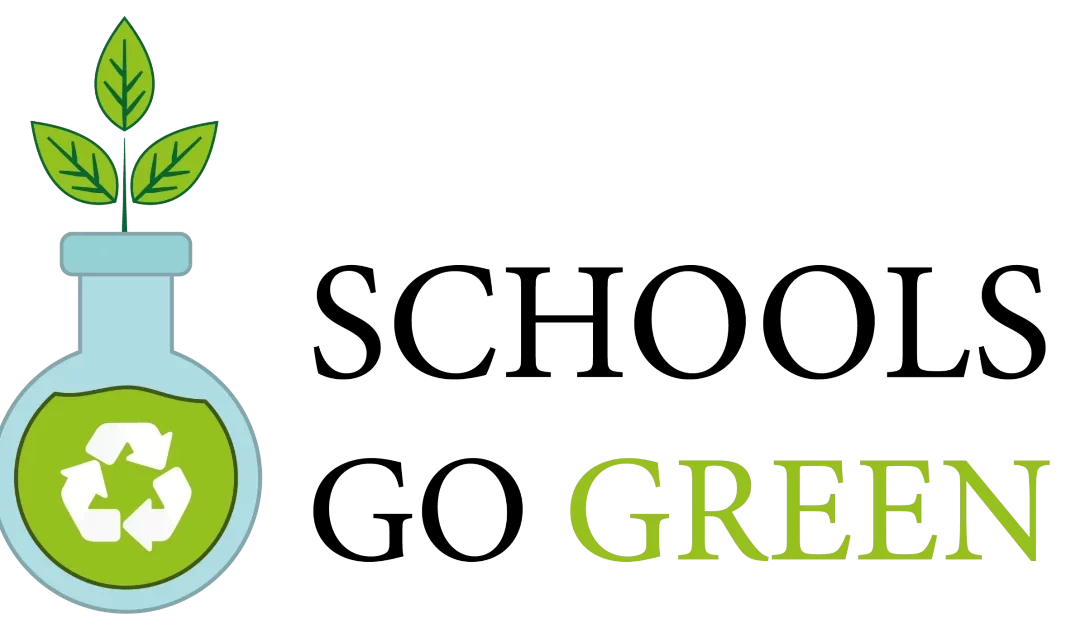
Schools go Green
This educational material consists of a multimedia Eco-Glossary based on small stories accompanied by a set of e-learning materials using audio-visual tools, like presentations for students, teacher handbooks and lesson plans. The learning material follows the whole school approach as it involves teachers, teacher educators, school leaders and researchers.
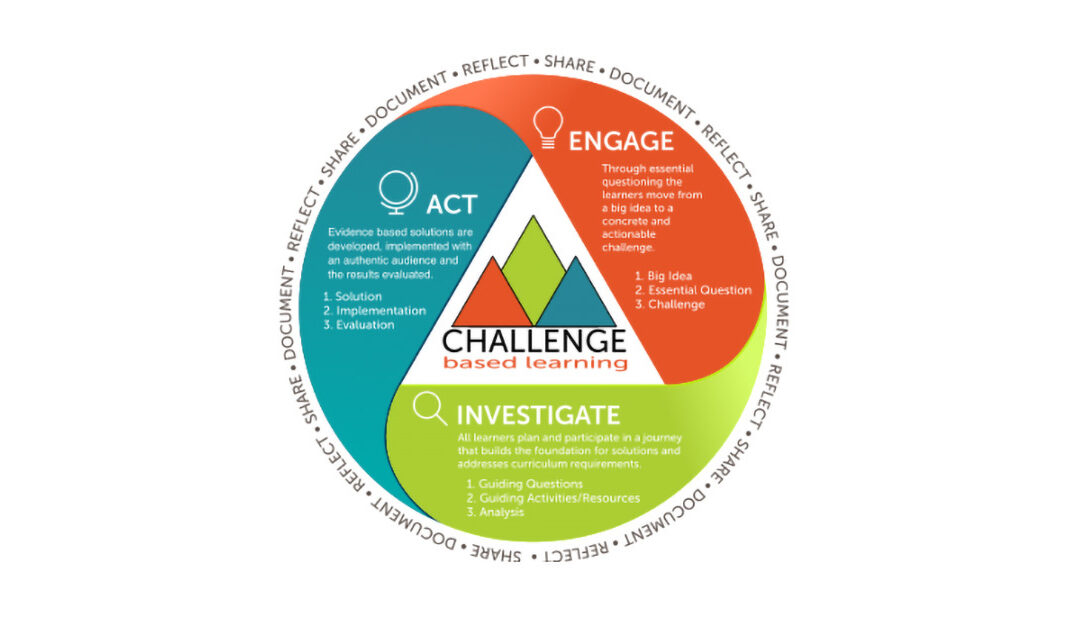
Challenge Based Learning Guide and Toolkit
This Guide to Challenge Based Learning and online toolkit are designed to introduce educators to this student-centred approach to learning in a real world, interdisciplinary way.
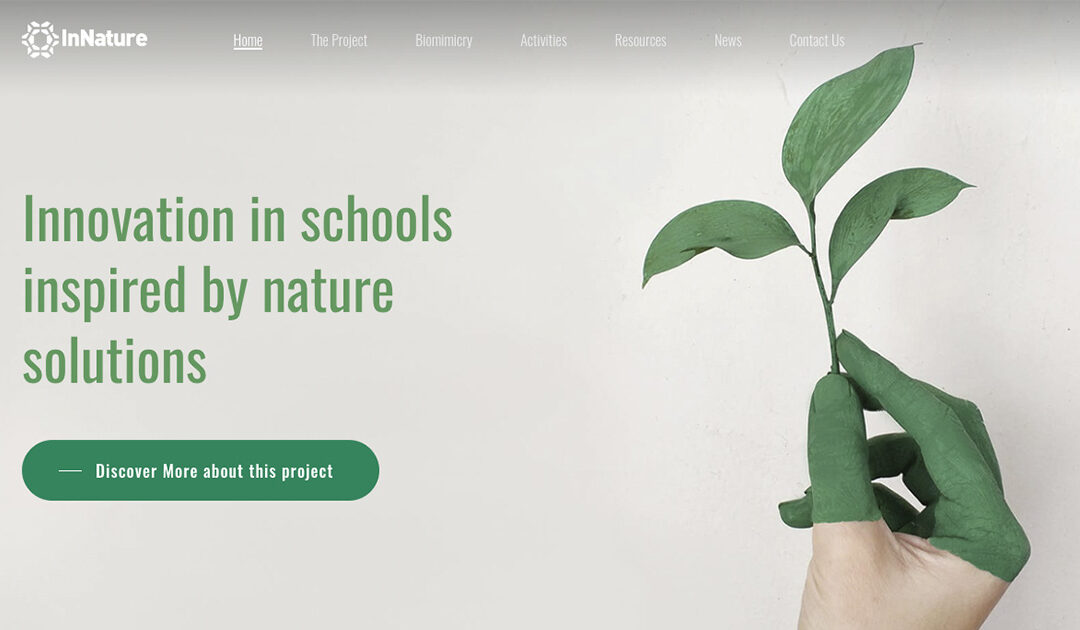
InNature
The InNature Project promotes biomimicry awareness and skills in schools, offering two toolboxes: the “Biomimicry Challenge” with lesson plans, and “Biomimicry 3.8” for workshops. Resources include teacher training, a toolkit, good practices catalog, and a 3-day “InNature Fair.” Materials are accessible online in multiple languages.
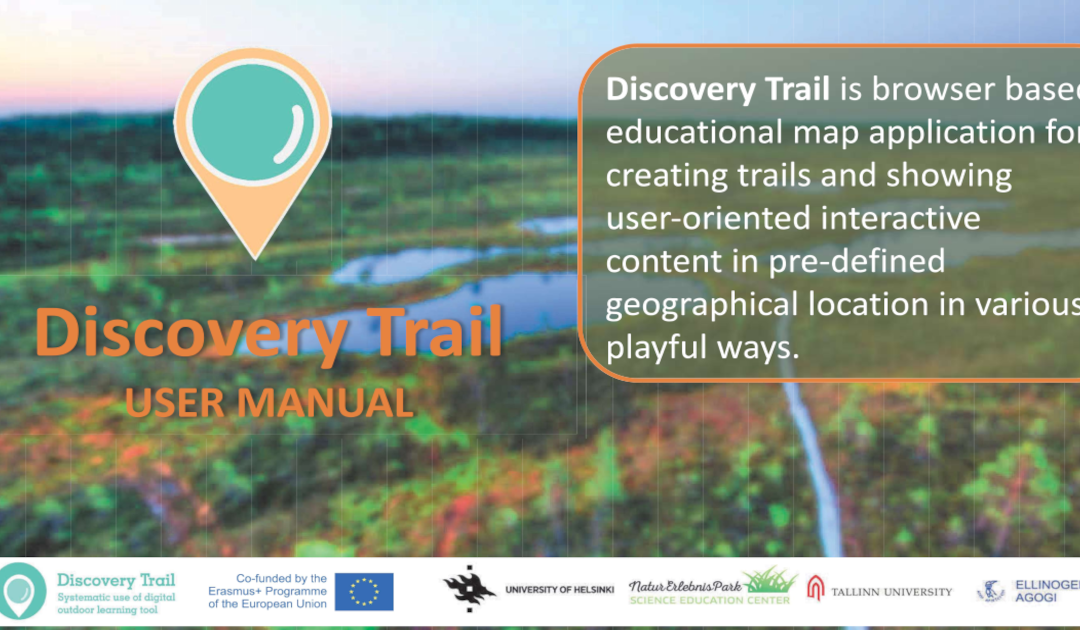
Discovery Trail Platform
Discovery Trail, through its “Avastusrada” app, streamlines outdoor learning by combining technology with exploration. This tool allows teachers to create engaging educational trails for various age groups using quizzes, open questions, and photo challenges. Real-time tracking, data download, and easy customization make environmental education more interactive and effective.
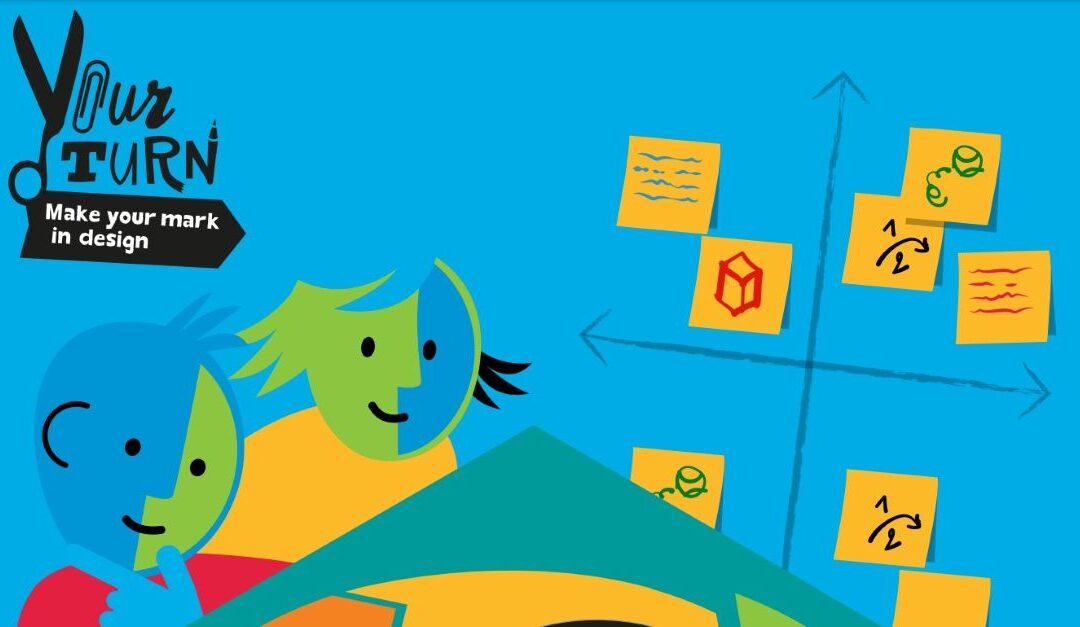
Your Turn for the Teacher – Guide Book
The Your Turn guidebook is a step-by-step instruction for teachers (in training) to create and implement their own design projects for upper primary and lower secondary education.
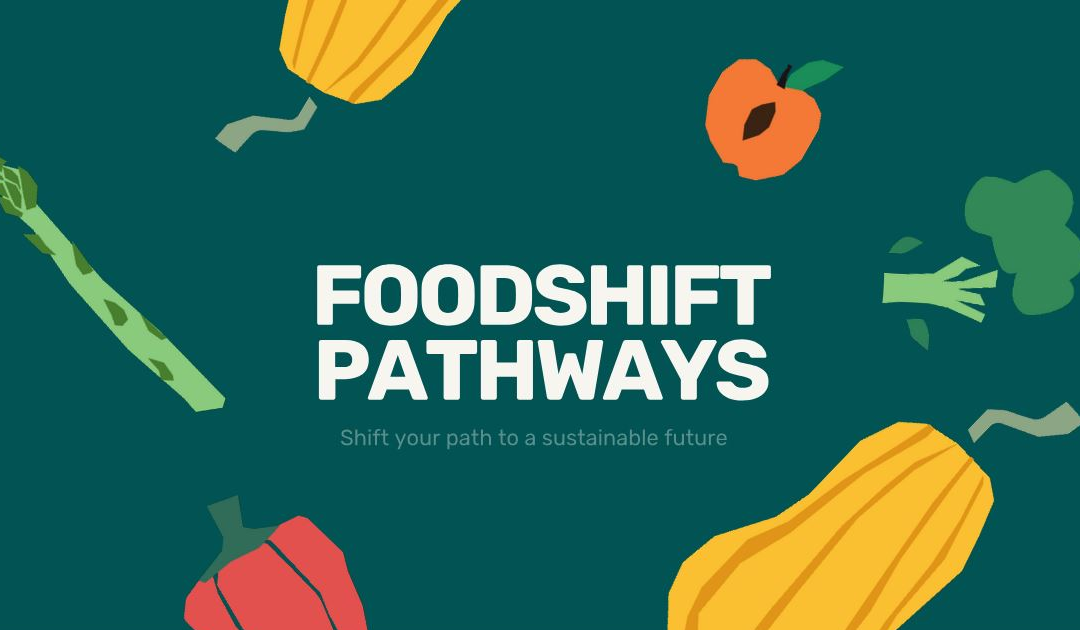
FoodShift Pathways: Open Learning Scenarios
Open Learning Scenarios (OLS) empower teachers to address food system sustainability by placing students at the center of learning. Using open schooling and living-lab methodologies, students collaborate with societal actors to co-create solutions for real-life community challenges. The resource includes 60 scenarios and 6 ready-to-use videos.
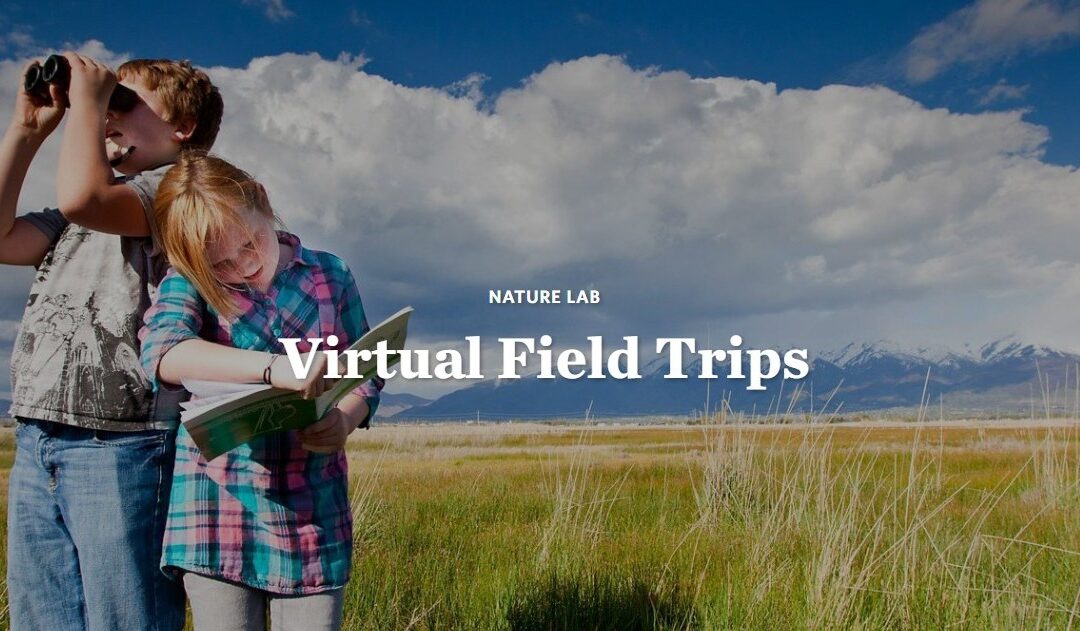
Nature Lab Virtual Field Trip – Responsible Forest Management
The resource builds from a virtual field trip on the importance of forest management, through a series of lessons and activities to a project-based learning approach where student make their own forest dioramas.
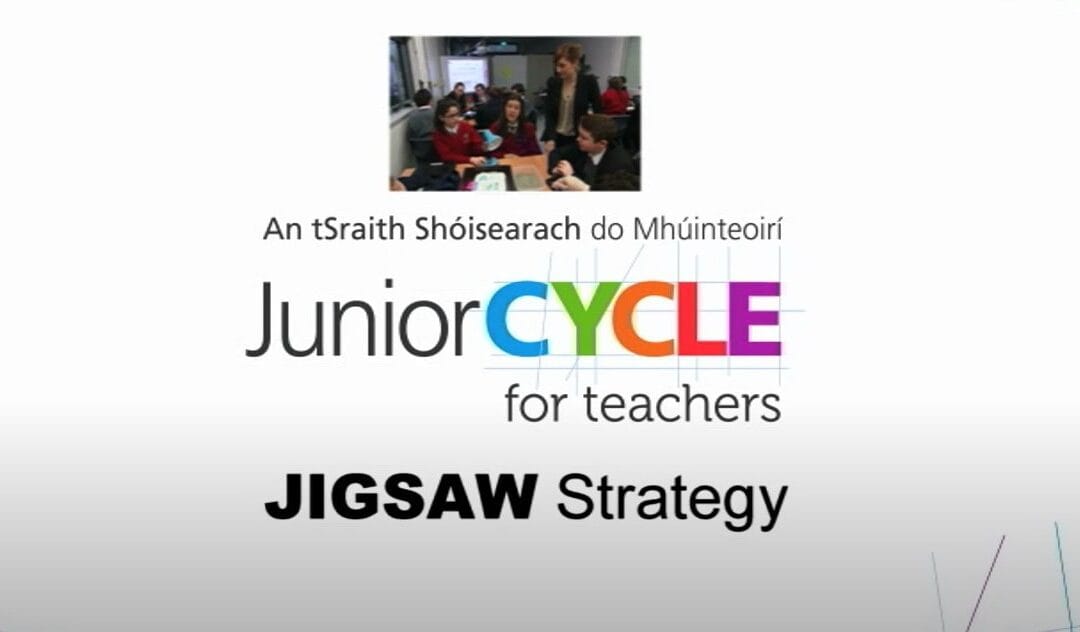
Active Classroom Strategies
The Active Classroom Strategies presented by the Junior Cycle for Teachers service in Ireland are student-centred active teaching methodologies designed to support the development of key skills and competencies in students such as ‘Managing Information & Thinking’ and ‘Working with Others’.
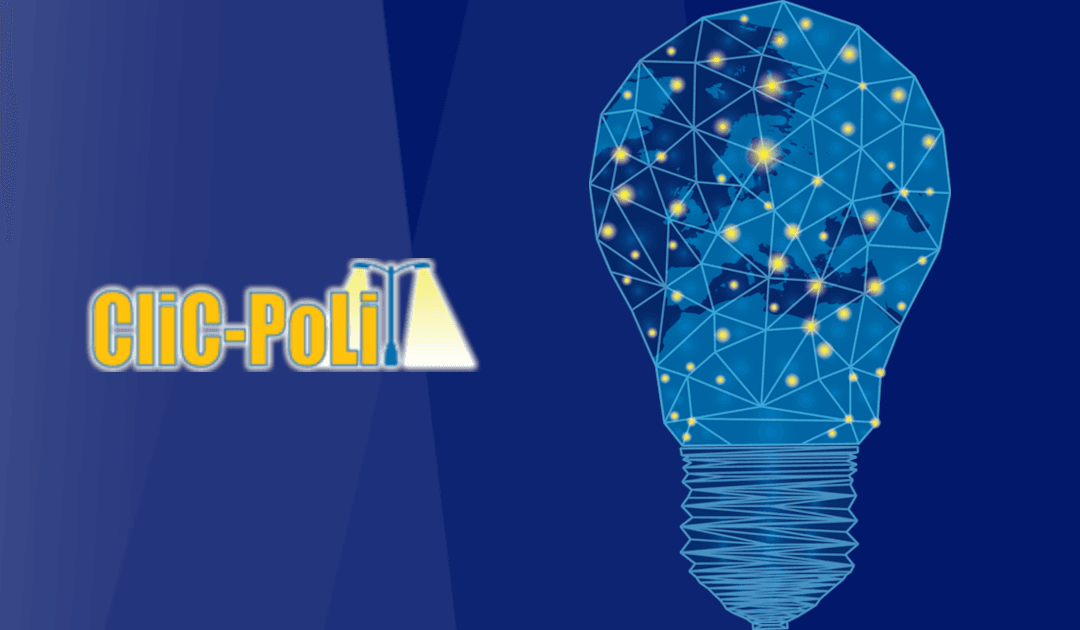
Climate Action and Light Pollution Threat (CliC-PoLiT)
The Climate Action and Light Pollution Threat (CliC-PoLiT) project tackles climate change, urban sustainability, and light pollution through interdisciplinary approaches. It empowers students to address real-world environmental issues, fostering problem-solving, communication, and collaboration skills. Students share their findings with communities, enhancing societal awareness and engagement.
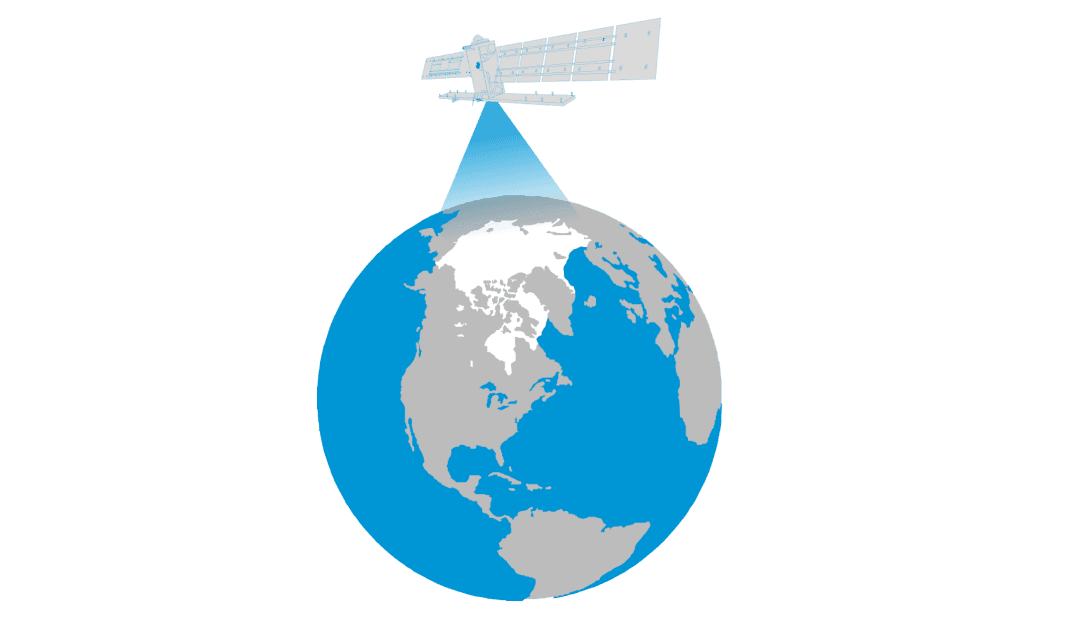
Sea Ice from Space – Investigating Arctic Sea Ice and Its Connection to Climate
This activity explores Arctic sea ice using Earth observation data. Students analyze satellite images to understand sea ice changes over time, linking these patterns to climate change. The resource fosters scientific inquiry and environmental awareness.
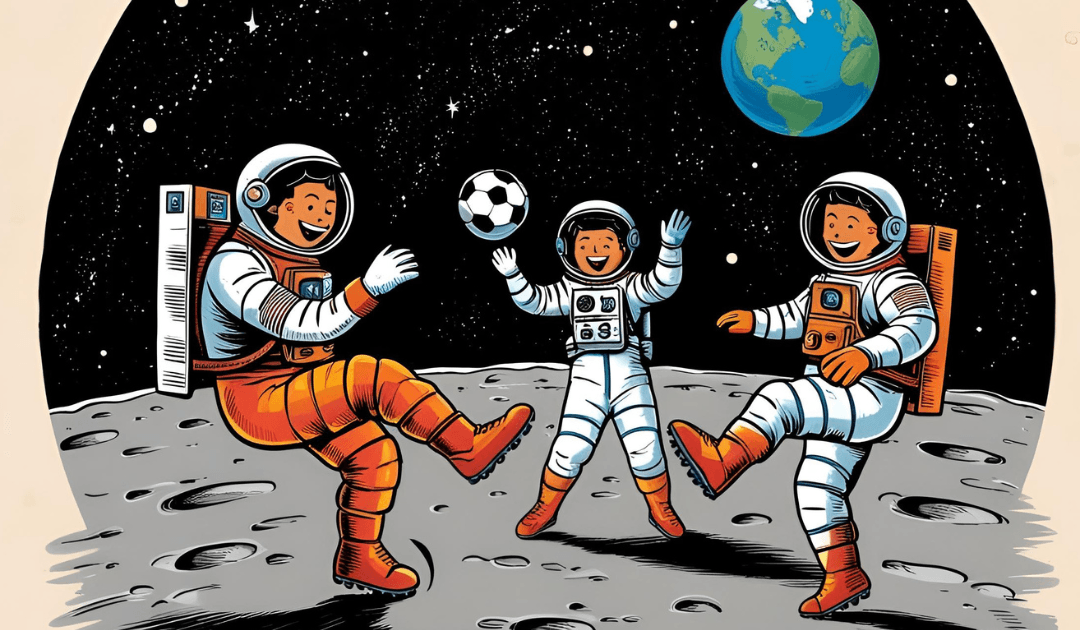
Astronomy and Football
This resource engages students in understanding planetary distances and scaling by using a football field as a model for the Solar System. Through hands-on calculations and visual representation, students explore astronomy, STEM concepts, and scientific modeling in an interactive and engaging way.
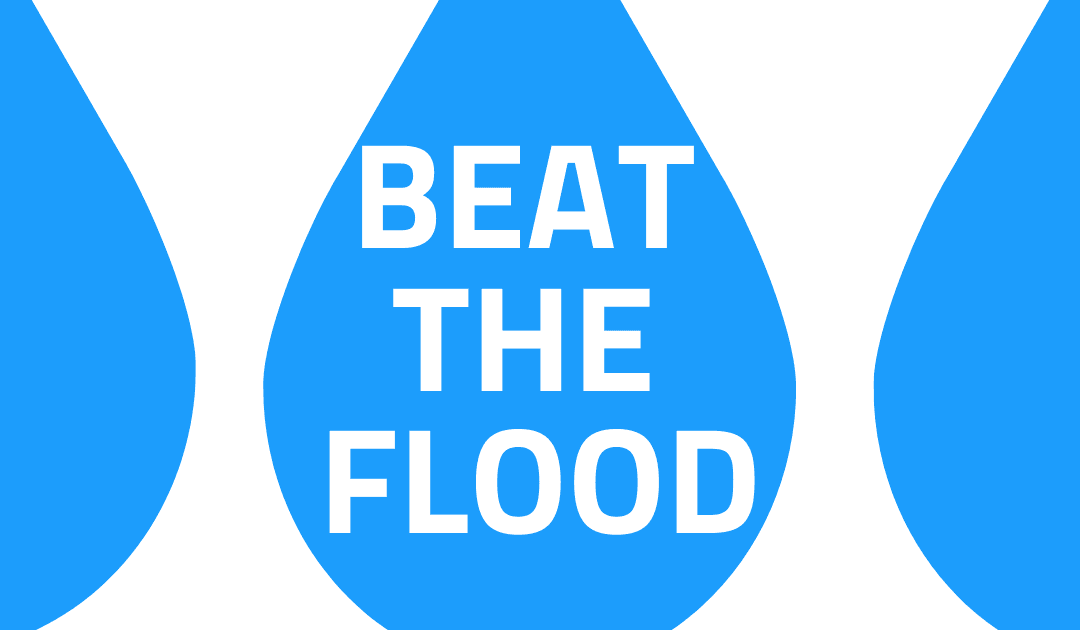
Beat the Flood
This hands-on STEM project challenges students to design and build model flood-resistant homes while exploring the science behind climate change, sustainable engineering, and disaster resilience. Through teamwork and problem-solving, students develop critical thinking and creativity in addressing real-world environmental challenges.
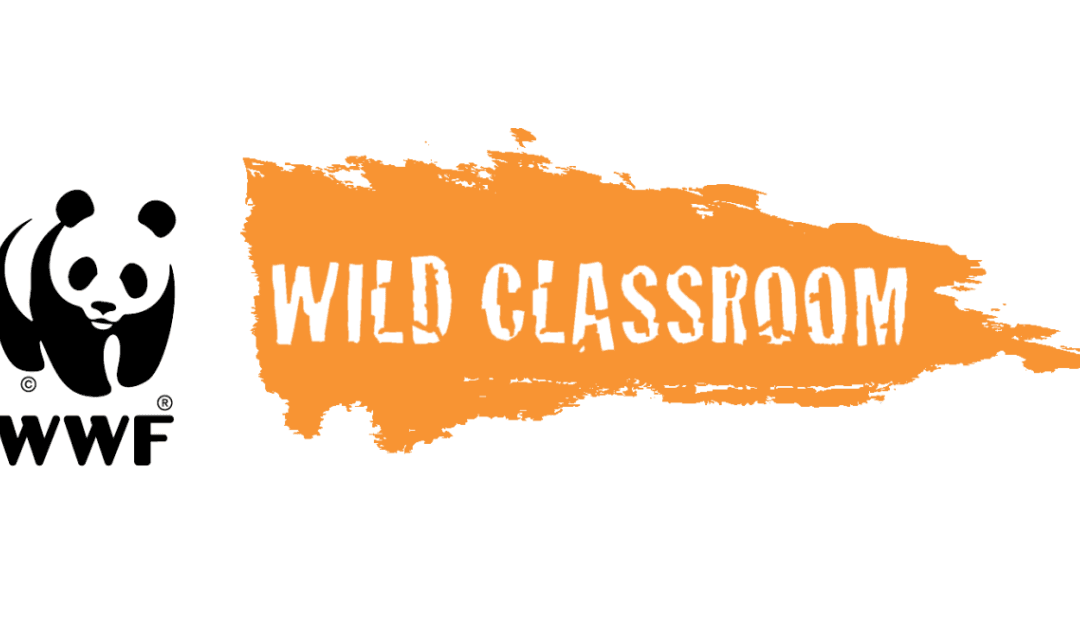
Climate Change and Biodiversity
This resource provides a hands-on learning activity for students to analyse and interpret data on climate change and biodiversity. Through species vulnerability assessments, students explore the impacts of climate change on wildlife, adaptation strategies, and conservation efforts, aligning with scientific literacy and sustainability citizenship goals.
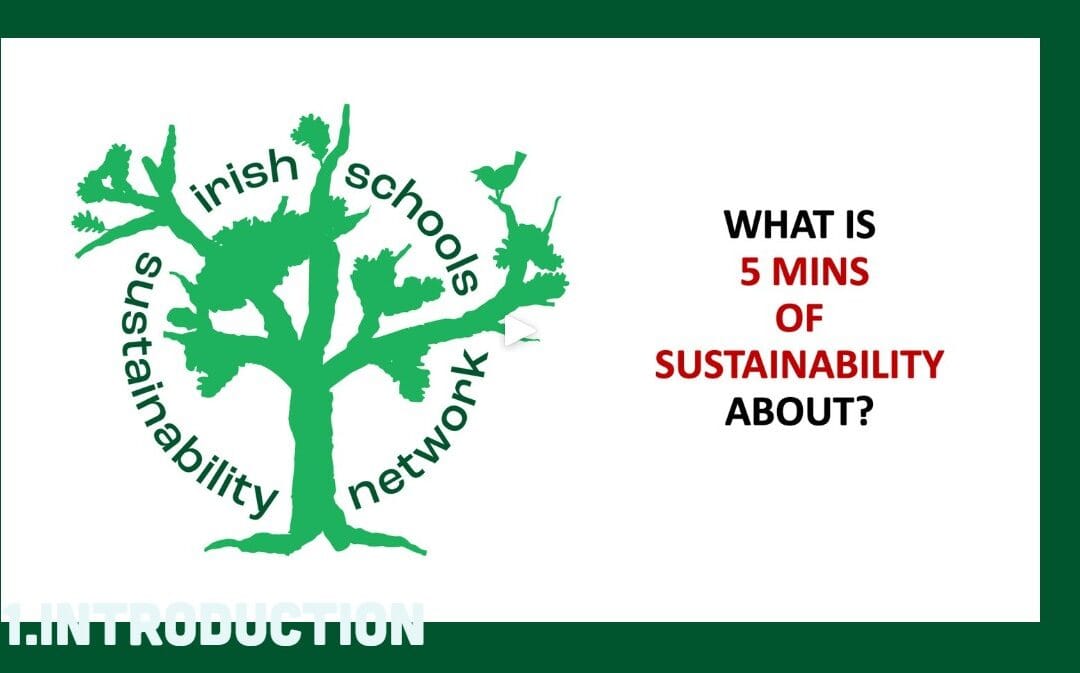
5 Minute Sustainability
This series of impactful student-led videos can stimulate interesting discussions, create awareness and empower schools to tackle the climate and nature emergency. Each video is on a new topic and highlights feasible, actionable steps to combat climate change, manage energy, reduce waste and improve biodiversity in your schools.
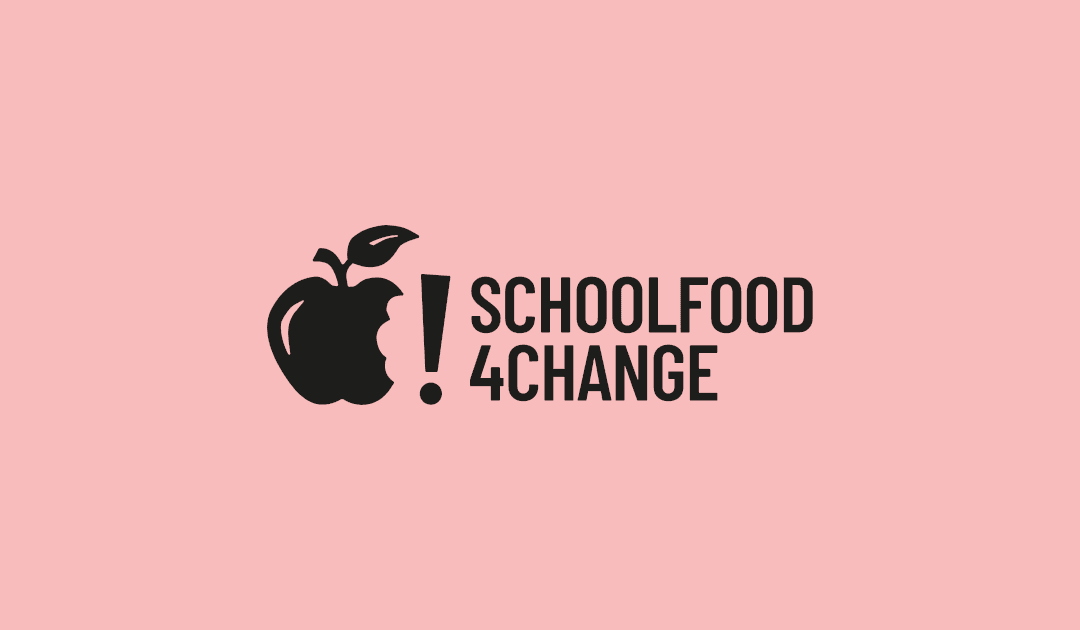
Inspiring Whole School Food Approach Across Europe
The Whole School Food Approach aims to transform schools across Europe by reshaping students’ relationship with food. It goes beyond healthier meals, helping students understand where food comes from, how it’s produced, and its importance for their health and the planet.
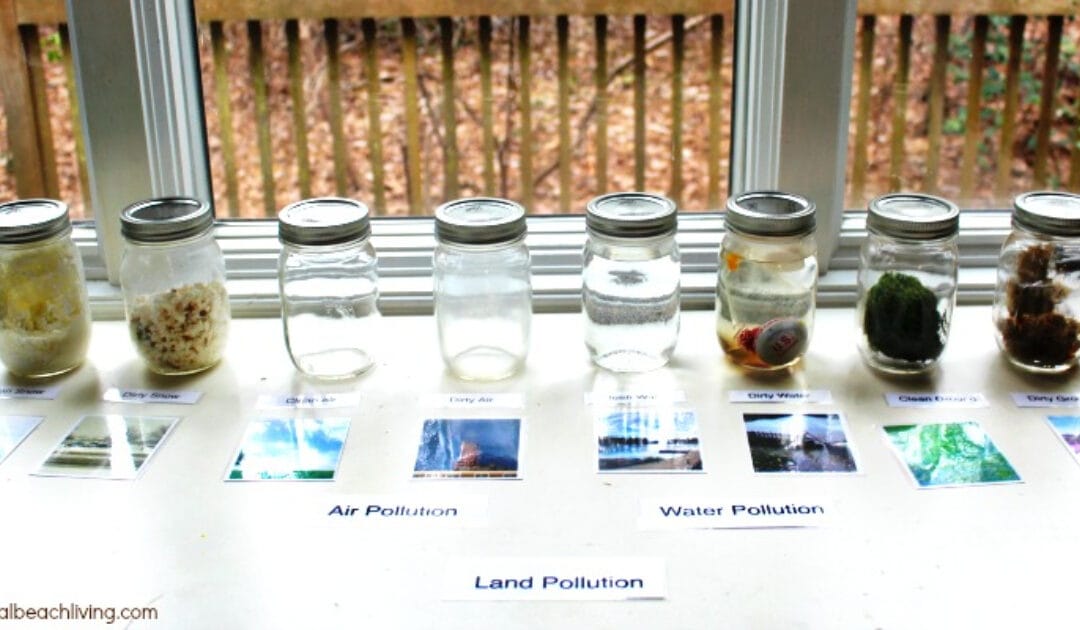
How clean is our air?
“How Clean Is Our Air?” is a learning scenario designed for students aged 9-11, focusing on understanding air pollution, its sources, and impacts. Over nine learning units, students investigate pollution causes, measure air quality, and design prototypes to improve air conditions.
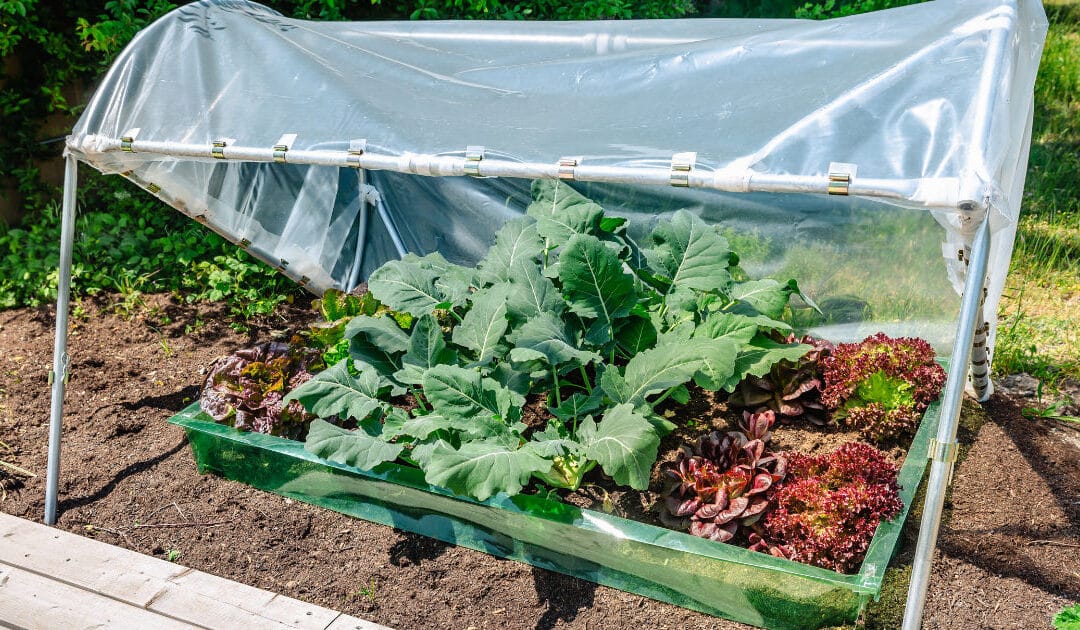
From Seed to Compost: Circulation of Matter in Nature
“From Seed to Compost: Circulation of Matter in Nature” is a comprehensive learning scenario for students aged 9 and above, focusing on the journey of food from production to waste management. Over seven learning units totalling approximately 10 hours and 50 minutes, students explore food origins, composting processes, and sustainable agriculture practices.
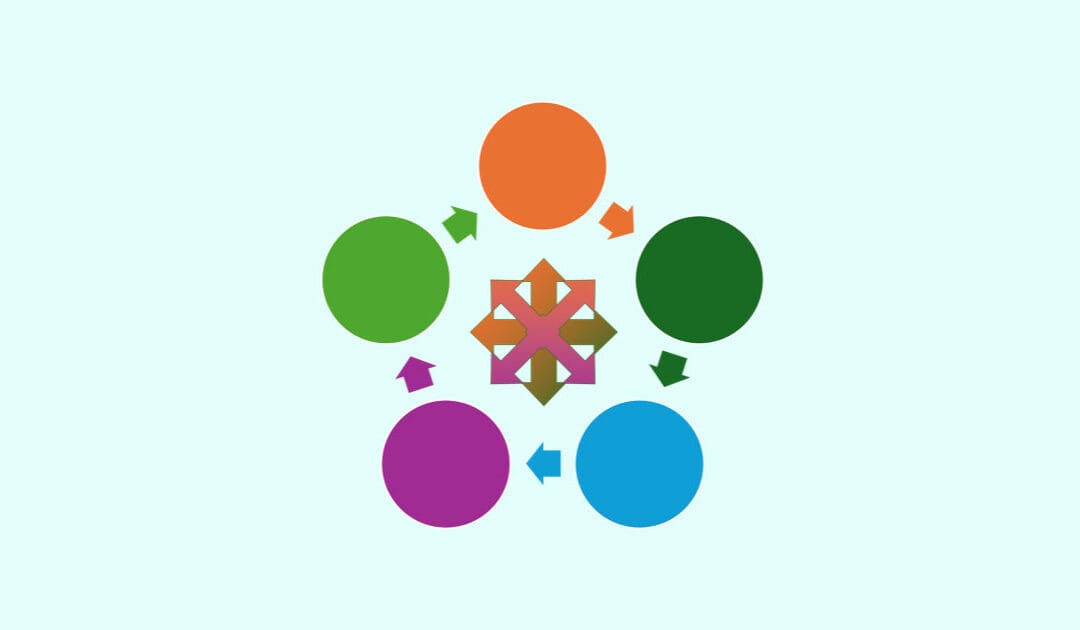
Online self-study courses ESD methods: Station Learning
The document provides a comprehensive guide on Station Learning, outlining its pedagogical background, implementation process, and benefits for education. It explains how teachers can design, prepare, and assess station-based lessons while fostering self-directed, experiential, and competency-based learning. The method promotes engagement, differentiation, and interdisciplinary teaching, making it ideal for modern classrooms.
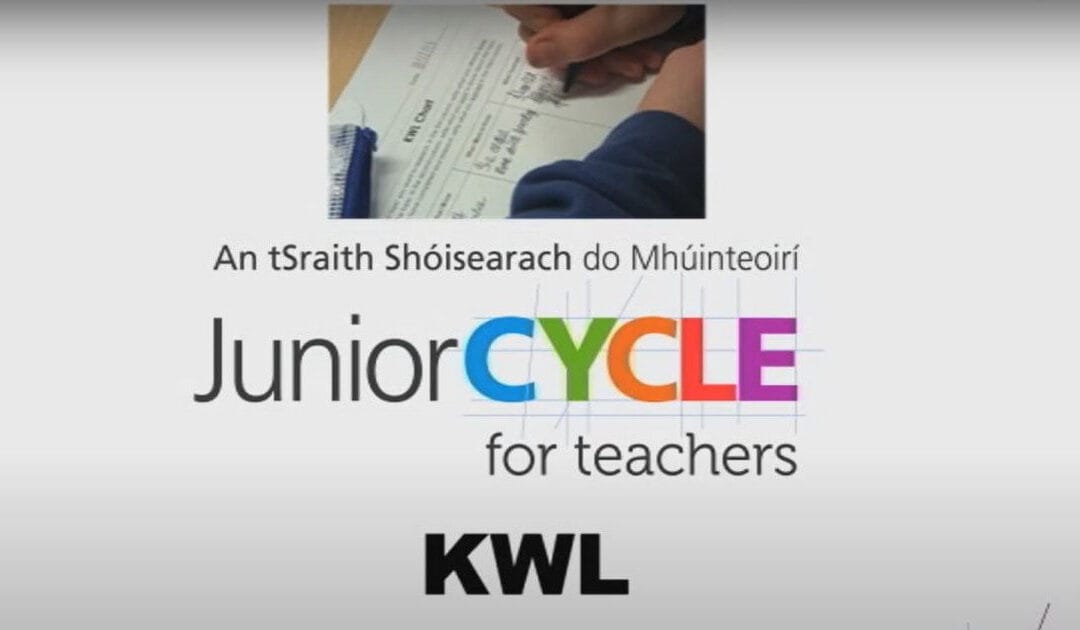
KWL Chart – Active Methodology
This active teaching method allows students to express what they Know (K), Want to Know (W) and what they have Learned (L) from a lesson. By being aware of students’ interests and prior knowledge, the teacher can create projects and assignments that are both challenging and enjoyable for the students.
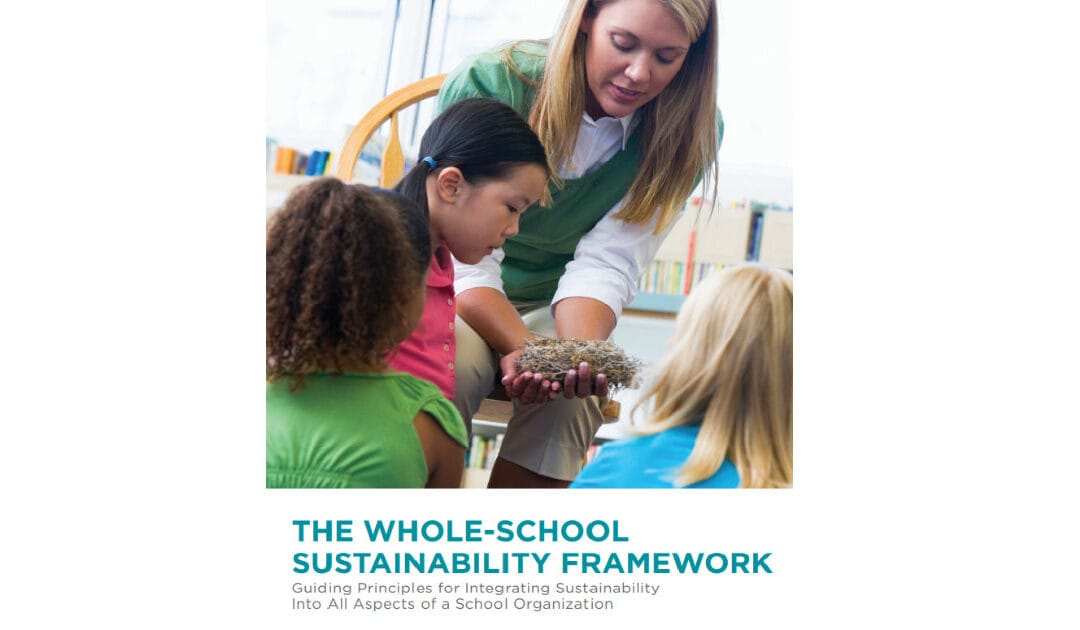
Whole-School Sustainability Framework
This is a framework for embedding sustainability throughout school operations, teaching, and culture. It outlines a vision for whole-school transformation through leadership, systems thinking and shared values.

